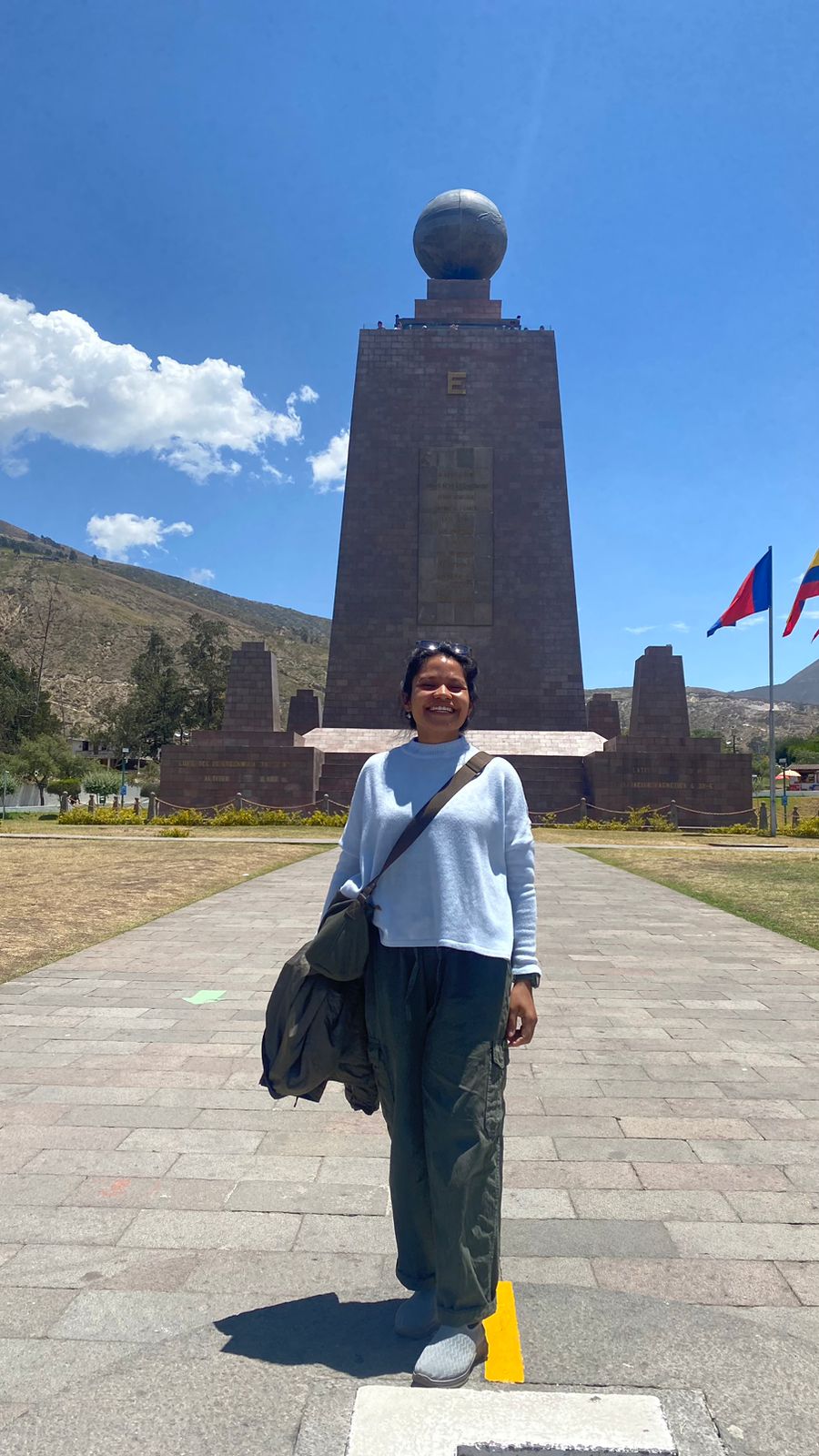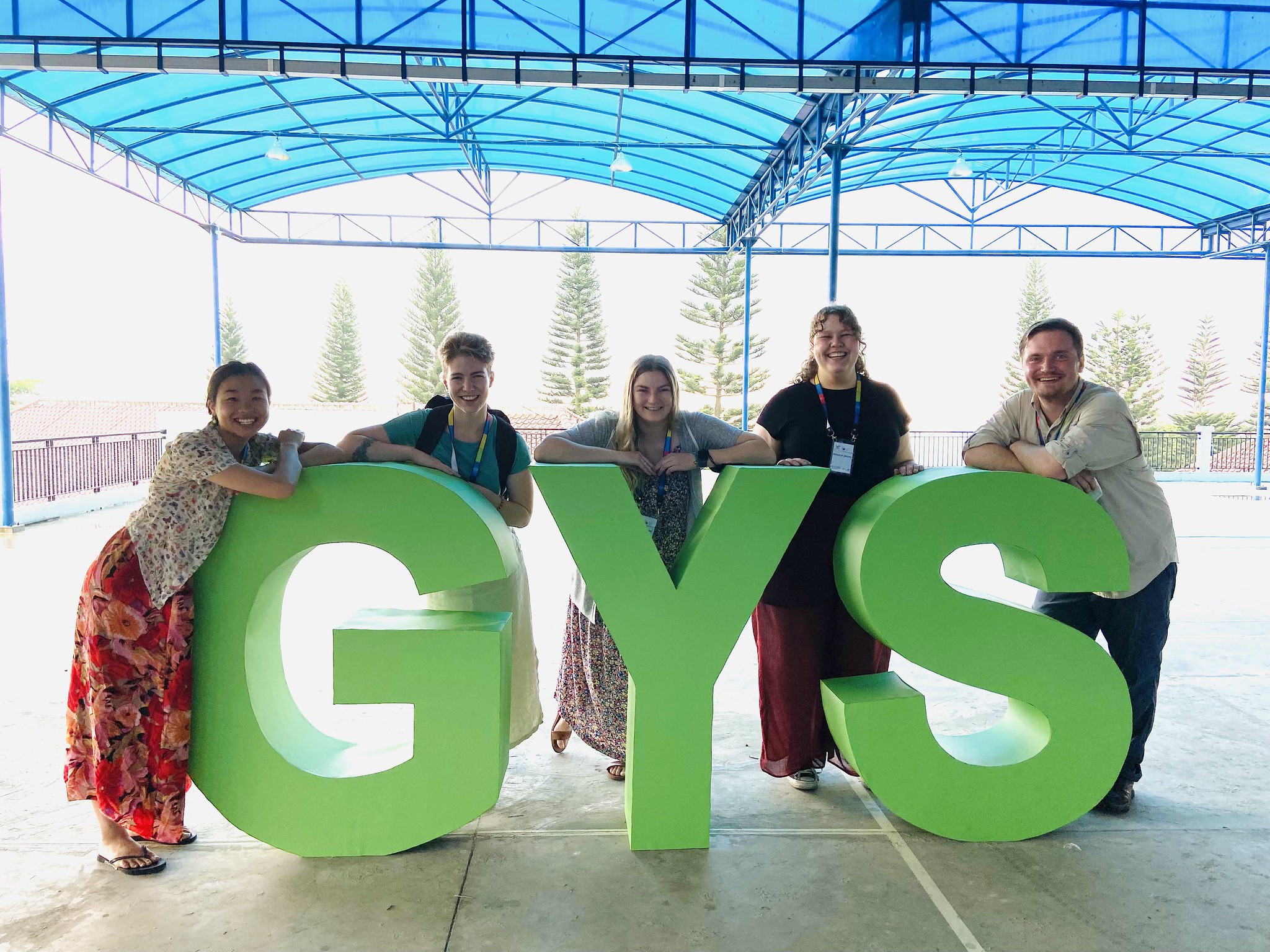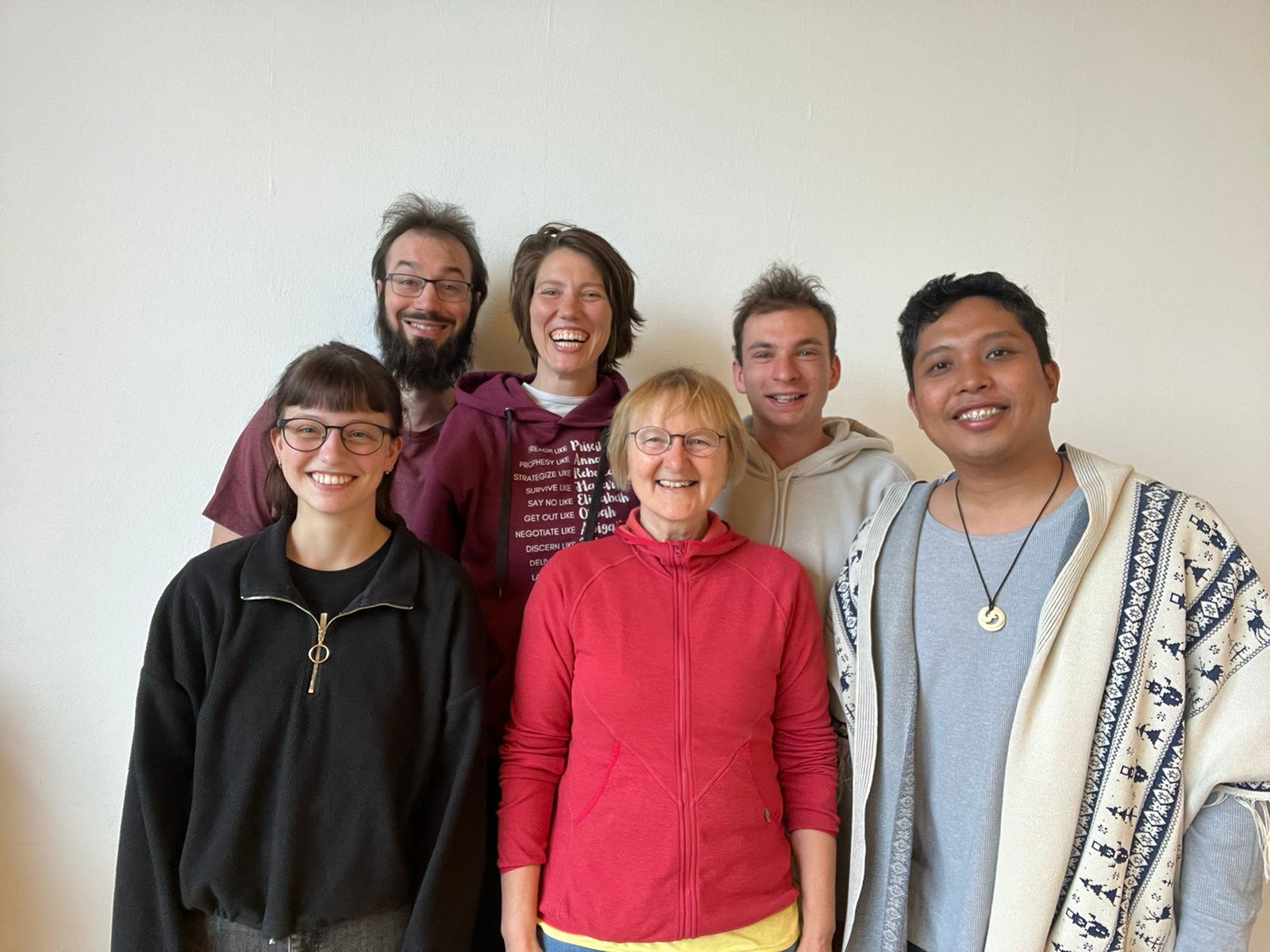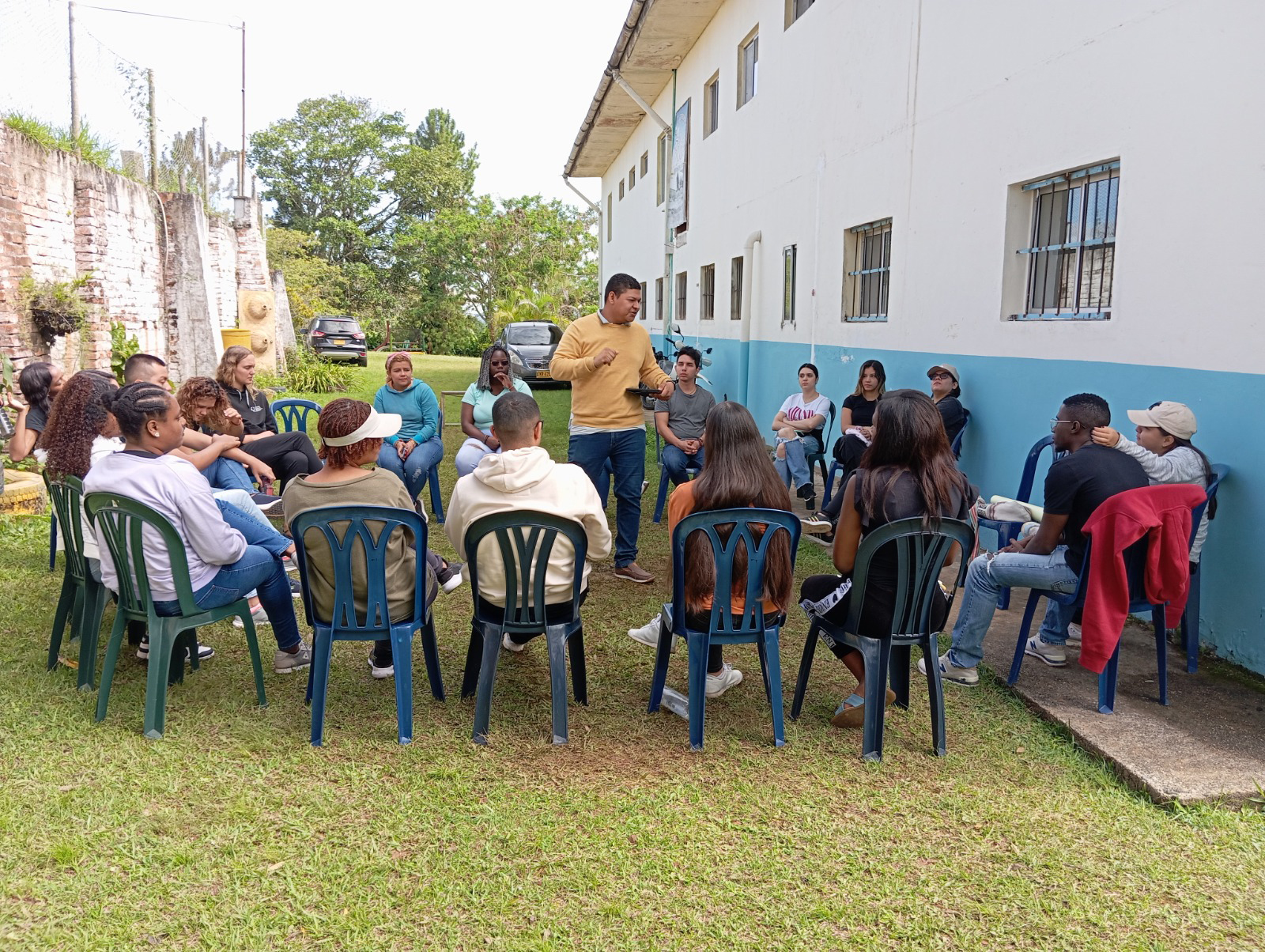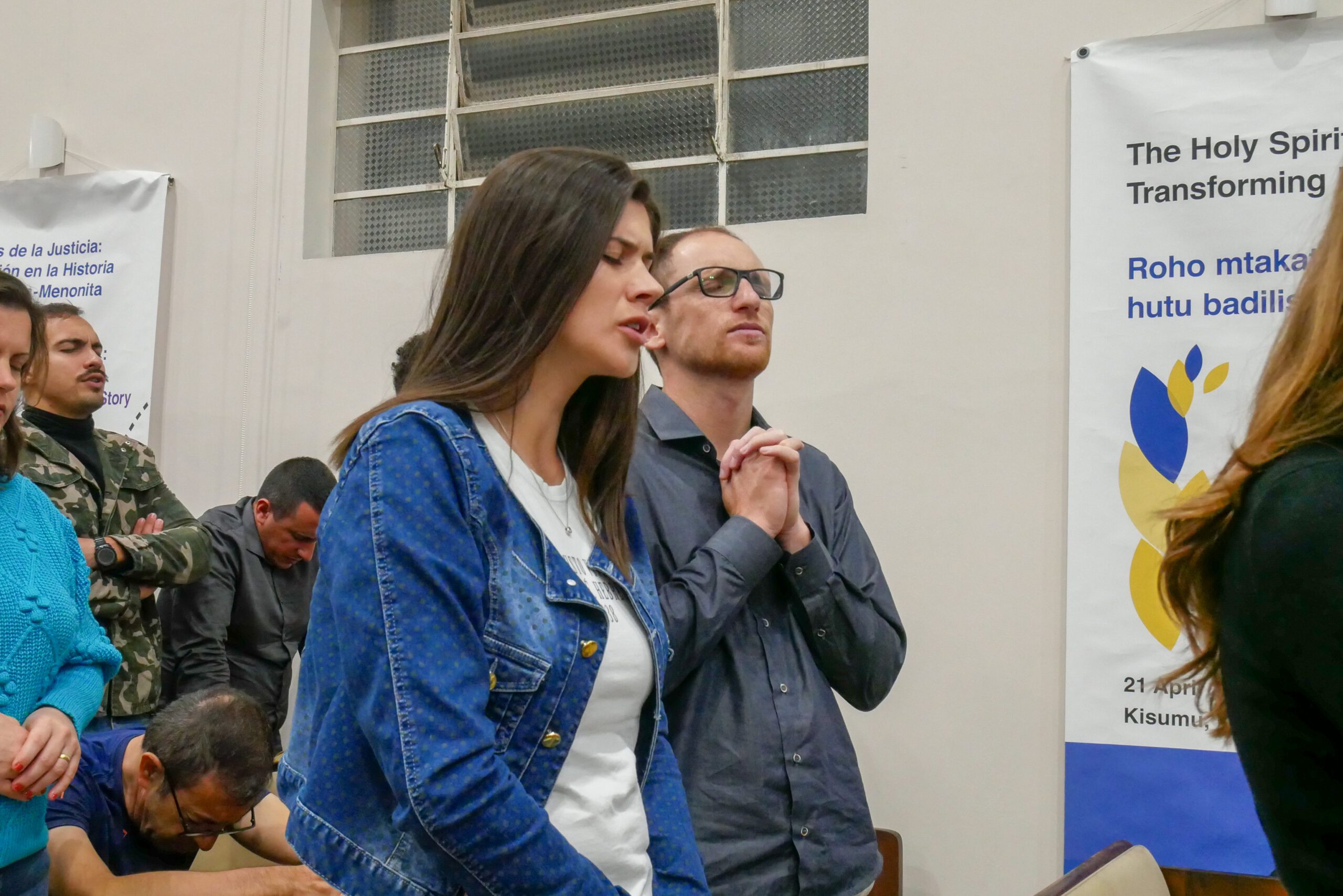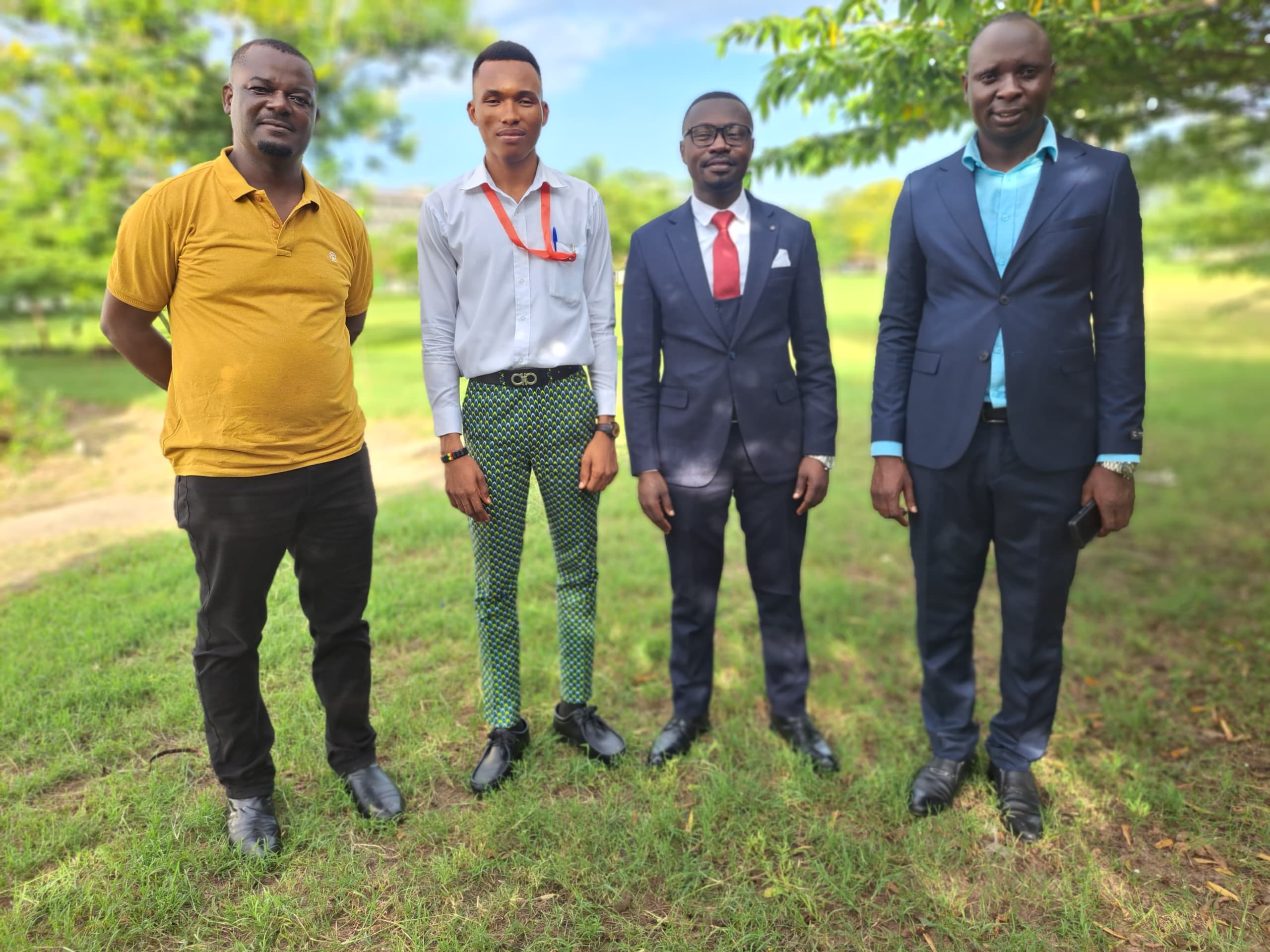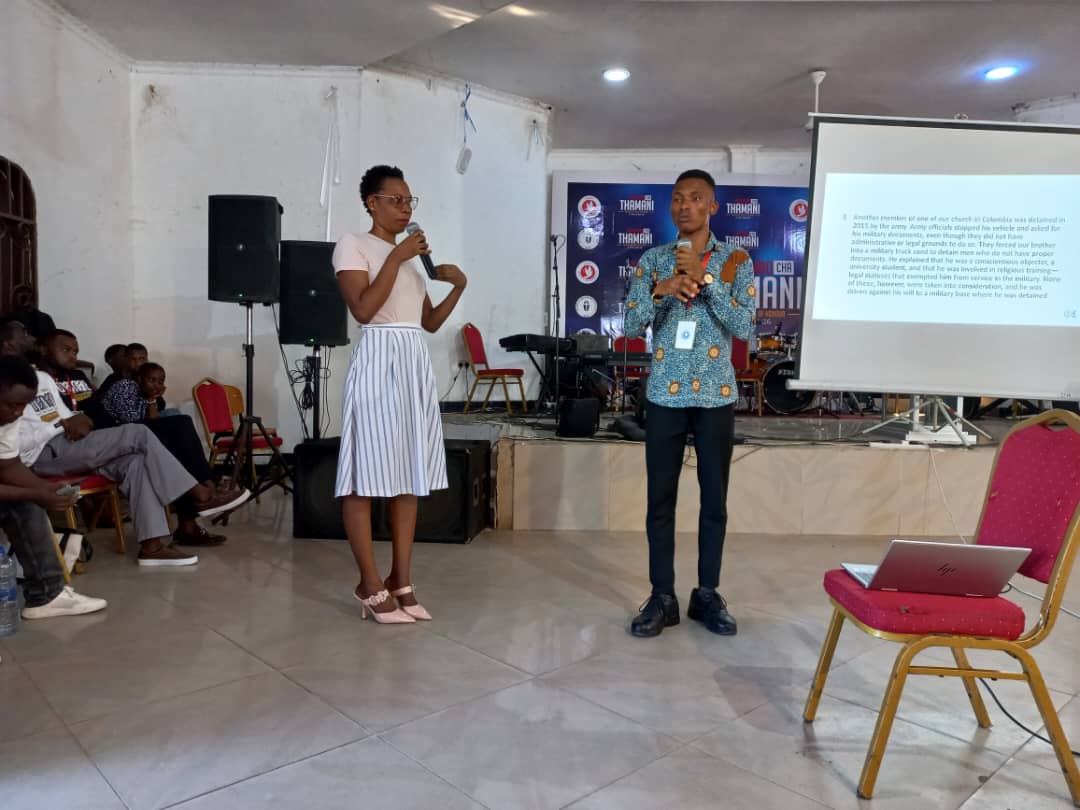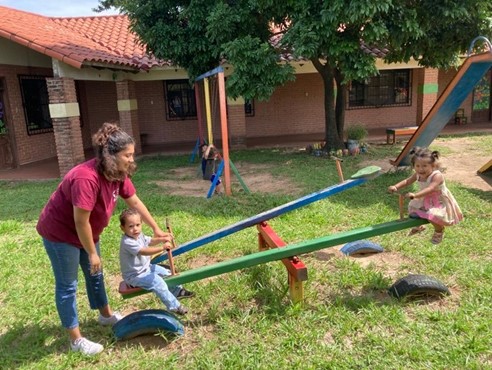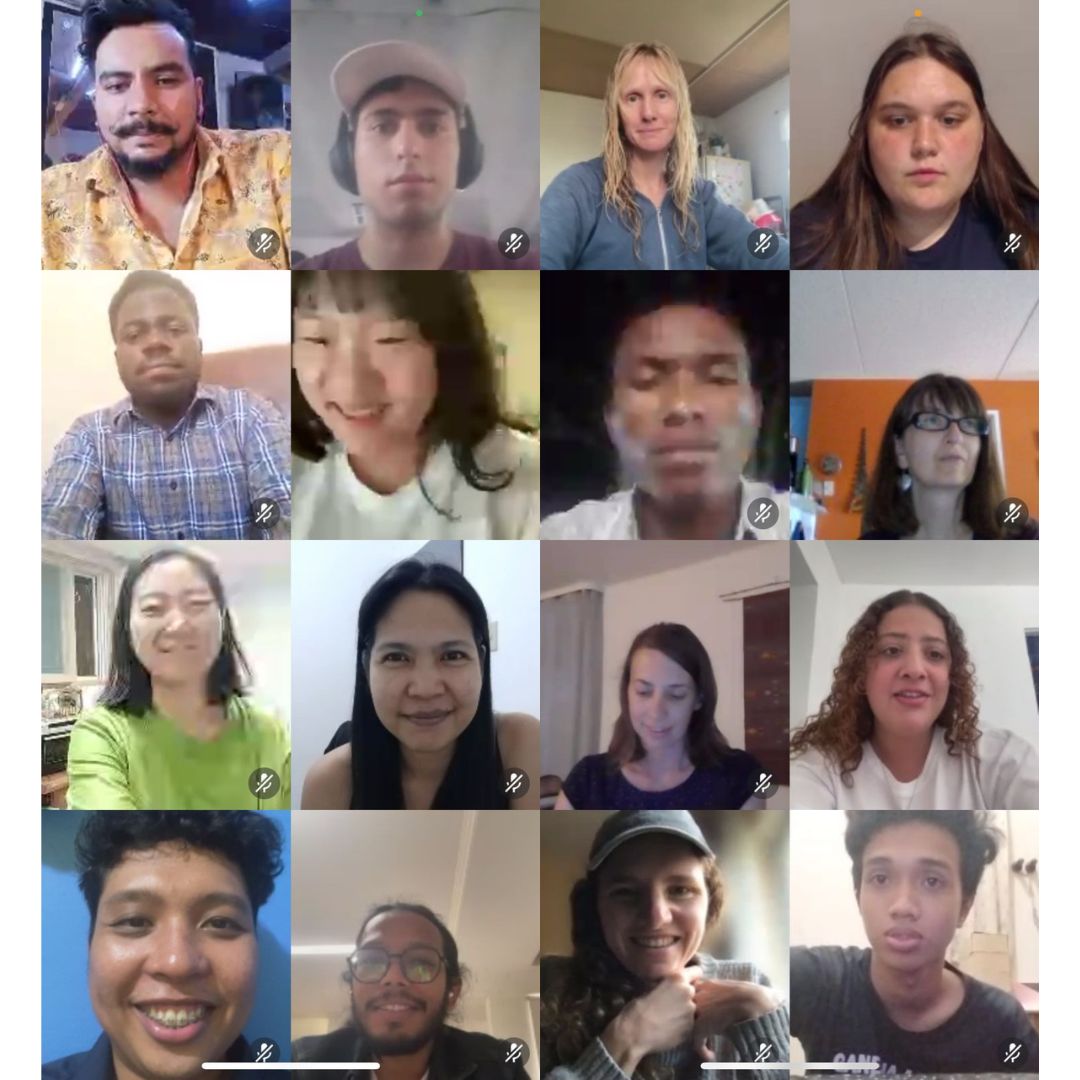-
“They just want me to learn”
From Indonesia to Bolivia – a YAMEN year through the five senses: This is how Arni Alice Paidjo describes her time in Bolivia, Santa Cruz. The member of Gereja Kristen Muria Indonesia (Muria Christian Church of Indonesia, GKMI) in Salatiga, Indonesia, served with YAMEN 2023-2024. The Young Anabaptist Mennonite Exchange Network (YAMEN) program is a
-
Investing in young adults is key
“Investing in young adults is a key way to move forward. Mennonite World Conference is the best way I can imagine to do that,” said Doug Klassen, executive minister of Mennonite Church Canada and the North America representative on MWC’s Executive Committee. The member church of Mennonite World Conference puts its money where its mouth
-
Young adults will be Empowered by Love
Global gathering of young people for quincentenary Global Youth Summit (GYS): a time for worshipping together, reflecting on faith across cultures, learning about the local culture, and growing understanding through relevant workshops – and love. The local GYS planning committee meets for the first time in Schwäbisch Gmünd, Germany, 31 May to 1 June 2024 to
-
What does peace need to thrive?
A YAMENer’s reflection from Colombia Peace doesn’t look the same in every context. That’s a lesson that Hector “Ramon” Calix Dueñas says he’s learning during his YAMEN (Young Anabaptist Mennonite Exchange Network) year in Colombia. “Ramon” Calix Dueñas is 27 and from Saba, Honduras, where his parents are pastors of Iglesia Evangélica Menonita Hondureña, the
-
YABs Fellowship Week 2024 – Prayer requests
Latin America Colombia Young people are concerned with mental health and access to work. They face hopelessness regarding the life conditions. Pray for economic resources and opportunities to support and accompany young women to serve in the church where discrimination may limit their possibilities. Asia Indonesia Pray for the efforts of building a cross-synod Mennonite
-
A beautiful mosaic, crafted by God’s hand
The first story below is from one of our brothers in Argentina. He chose to be anonymous because the story involves sensitive topics. We share this beautiful story because it shows how God put together people with different colours and background, creating a colourful mosaic of people. Similarly, Elisante’s story is about God drawing people
-
YABs Fellowship Week 2024 songs
Please check your congregation’s copyright protocols before using these songs in public gathering.
-
YABs Fellowship Week 2024 worship resource
Prepared by the YABs Committee for 16-23 June 2024 Theme: Mosaic: We are God’s handiwork Why this theme was chosen: This theme highlights our part in God’s greater purpose. Like pieces of tile, alone, we cannot see our value. Sometimes, we may think we are insignificant, but when God puts us together with the right
-
Beneath the baobab: A journey of unity, laughter and inspirations
Assuming the role of the YABs Representative for Africa is not just a title; it is an immersive experience into a world of diverse perspectives. Collaborating with fellow representatives is a profound learning journey, encompassing cultural understanding, decision-making skills and the cultivation of shared values. The experience reaffirms that unity is not merely a theme
-
Meeting Jesus in another culture
Before Esther Aguilar began her Bolivian adventure, she asked God for one thing: to teach her in a deeper sense the commandment where Jesus says, “You must love the Lord your God with all your heart, all your soul, and all your mind. (…) A second is equally important: Love your neighbor as yourself (Matthew
-
Sweet fellowship on Discord
Young AnaBaptists build global connection during YABs Fellowship Week Between 18-25 June 2023, young adult groups around the world celebrated the Young AnaBaptist (YABs) Fellowship Week. Themed The family I found in my salvation, young people shared stories, worshipped together, prayed as one, learned from each other’s testimonies, and discussed Luke 15:4-7. A new way

